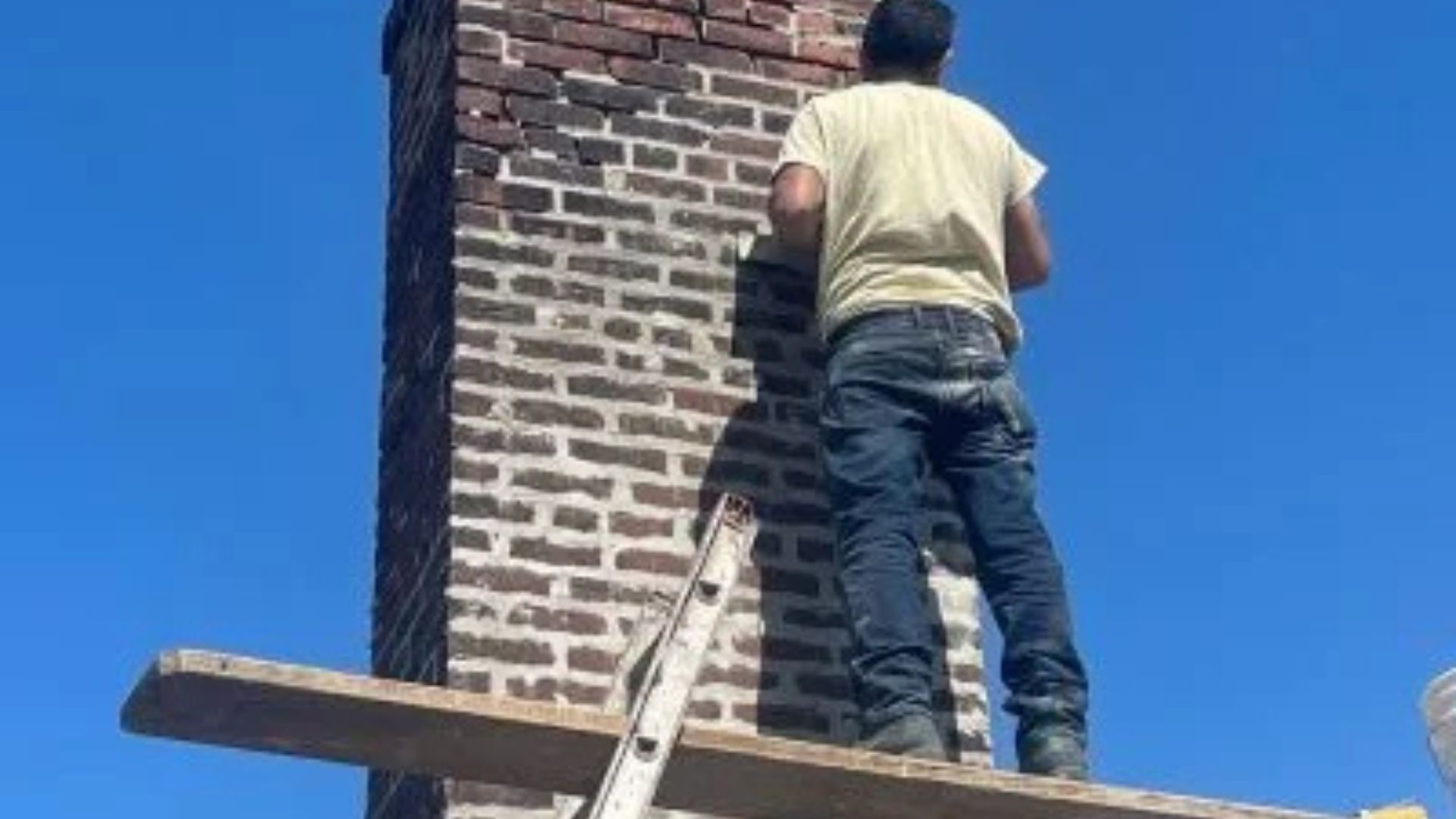- Support Hours is 24/7 every day
- (718) 541-7534
- info@oberoigc.com

How Can Repointing Fix Damaged Brickwall?
- Posted On: December 17, 2024
- Posted By: admin
Brickwork is indeed a fascinating art you can use to build marvellous structures with intricate engineering and architecture. From historical buildings, mansions, bridges, and sidewalks, you can spot brickwork everywhere when you roam the streets of the Bronx, Queens, Manhattan, Long Island, Brooklyn, and Richmond Hill. As aesthetically pleasing as these architectural structures, brick wall repair is mandatory. And do you know repointing can be an ideal fix in most cases?
Like any other construction structure, whether made of stone or concrete, brick too, undergoes considerable damage over time. Persistent exposure to extreme temperatures, moisture, dust, weather fluctuations, and chemical reactions leads to cracks, holes, loosening mortar joints, and crumbling of bricks. So, you require, calling the brick wall repair contractors promptly to restrict the damage extent and revive your building’s structural health.
For brick steps repair, repointing is the most preferred technique as it inevitably ensures enhanced stability, integrity, and aesthetics. Repointing is the key to restoring the strength and functionality of any brick structure. So, what is repointing? Let us delve deeper into the context.
What is Repointing?
In simple words, ‘repointing’ means to fill in the mortar joints in brickwork. Repointing helps to fix decaying or crumbling mortar joints generating significant damage in any form of brickwork. Often in brick structures, deteriorating mortar joints are the primary causes of water infiltration, waterproofing failure, cracks, missing bricks, and the collapse of the entire construction.
For brick wall repair, repointing is generally considered an effective solution providing numerous benefits. Here they are:
- Did you know brickwork comprises about 15% of mortar? It implies mortar plays a vital role in imparting the structural quality of any brick surface. So, repointing is a great way to preserve the quality of any brick structure. Since mortar disintegrates faster than bricks, repointing is necessary.
- A potent solution for brick wall crack repair is renewing the mortar joints. Damaged mortar allows water penetration into the brick layers. As a result, damp bricks swell up and form cracks which cause evident leaks. If you have dampened walls or leaky ceilings, you may need a repointing job to seal the cracks and crevices.
- Weak mortar joints are extensively responsible for enfeeble structural integrity. It is obvious when you have damaged mortar; the bricks are more easily prone to weathering and erosion. In other words, the strength and stability of the brick structure are distinctly endangered. Repointing is necessary to restore the construction’s solidarity.
- Lastly, let us not forget the enhanced visual appeal brick wall repair can induce when impeccably repointed! Worn-out mortar, discolored bricks, cracks, broken edges, etc. are undoubtedly an unpleasant sight in an immaculate landscape!
Therefore, repointing can reinstate the former glory of a brick structure.
Repointing Procedure
Repointing for brick steps repair requires high-end planning, precision, and supervision. Undoubtedly the process is a bit time-consuming but still worth all the effort!
What happens in repointing?
- Remove old mortar from the joints (both vertically and horizontally) with immense care and accuracy with handheld grout or chisel to avoid damage to the surrounding surface.
- Soak the surface overnight to hydrate it well.
- Mixing the mortar for brick wall repair is a crucial step where the new mortar must match the color and texture of the existing mortar.
- Fill the joints with the mortar mix using a pointing trowel.
- Scrape and clean excess mortar from the surface.
The cost to repair a brick wall by repointing is much lower than other invasive techniques. Nonetheless, it varies depending on the quality of materials, labor charges, and projected area. A good quality repointing job ensures improved structural efficiency.
